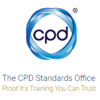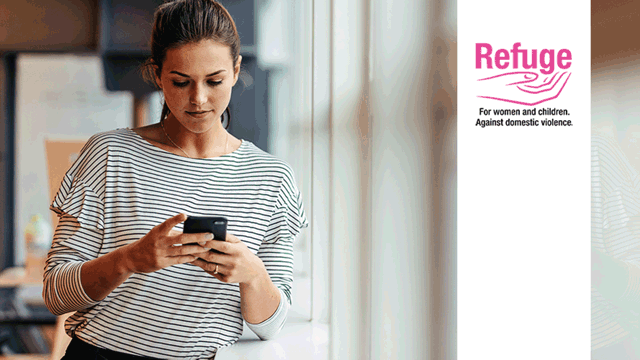
A guide to economic abuse
This blog has been created in partnership with Refuge, to help explain what economic abuse is, how to spot it, and how to get help if you or someone you know has been affected by it.
08 August 2023
Refuge is the largest domestic abuse organisation in the UK. On any given day their services support thousands of women and their children, helping them to overcome the physical, emotional, financial, and logistical impacts of abuse and rebuild their lives free from fear.
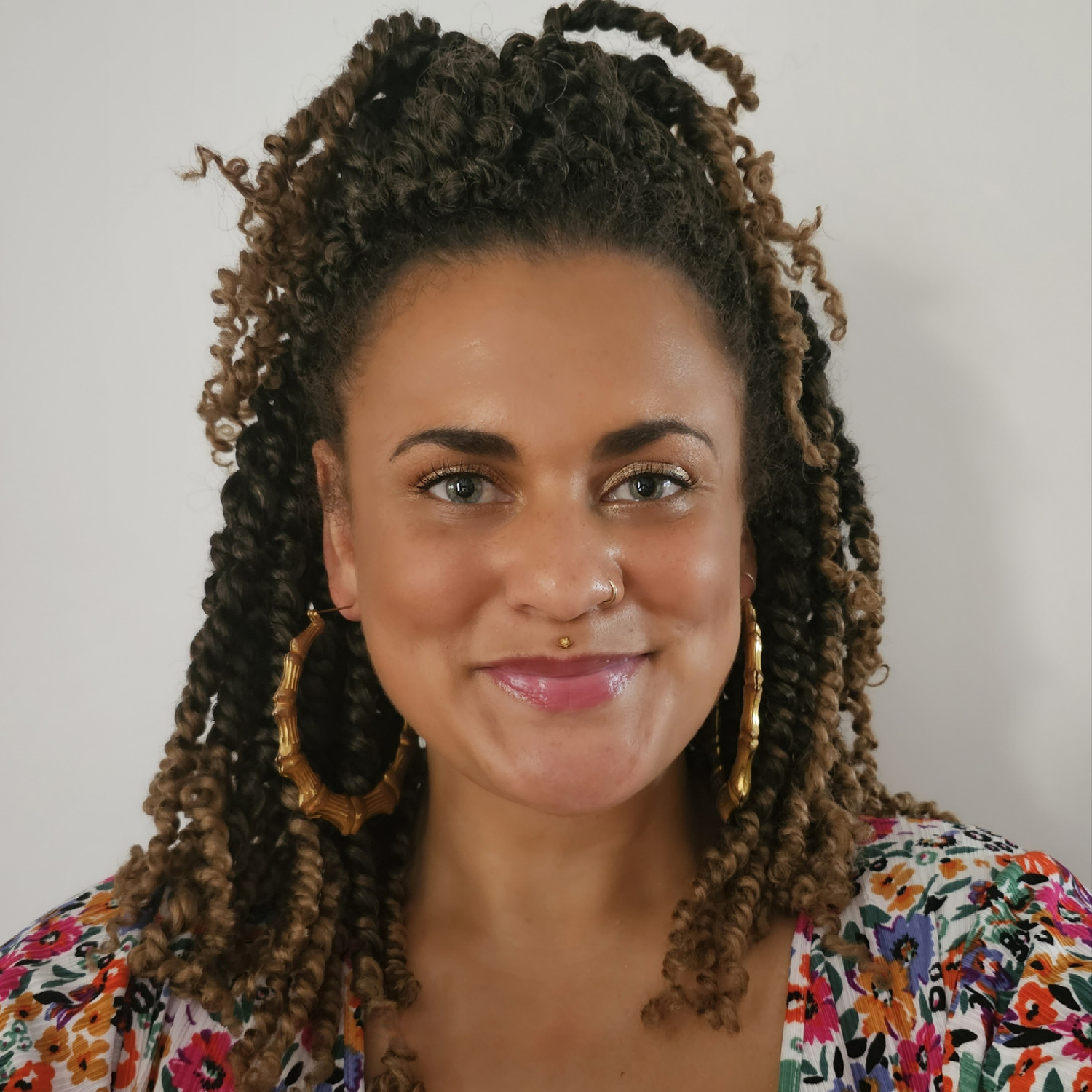
"Survivors accessing Refuge services frequently report they’re experiencing economic abuse. They often don’t even have access to a bank account of their own and feel overwhelmed by the thought of approaching the bank for the first time with little or no support. This is why the partnership between Refuge and Barclays is so valuable, and in many circumstances, can be a pivotal route to financial independence."
Phoebe Perry, Economic Tech Abuse Lead, Refuge
What is economic abuse?
Economic abuse can take on many forms and involves an abuser restricting someone’s ability to acquire, use and maintain money or other economic resources. It includes financial abuse, but also accounts for how someone’s life may be affected in other ways, for example through preventing access to education or work.
Examples of economic abuse include:
- Controlling someone’s money or other financial assets
- Spending someone’s money
- Damaging someone’s possessions or property
- Putting debt in someone’s name
- Withholding child maintenance payments
- Limiting someone’s ability to work or study
Economic abuse is a legally recognised type of domestic abuse that involves controlling someone's access to money, assets, or resources and is often used with other forms of abuse, such as physical, emotional, or sexual abuse, to exert power and control over another person.
Many survivors of economic abuse feel they have no choice but to remain in the relationship, and if they do leave, they often have little access to the financial products required to maintain financial independence. They may have large amounts of debt, a poor credit rating, and no access to a bank account of their own. This is why Barclays and Refuge have joined in partnership; to ensure that those experiencing economic abuse can access the support needed to get them back on their feet.
Refuge and Barclays: Working in Partnership
Since Summer 2020, Barclays has partnered with Refuge to provide financial support and to offer the expertise of teams across the bank to survivors of economic abuse. This has enabled Refuge to not only respond to this increased demand for their services, but also start new projects.
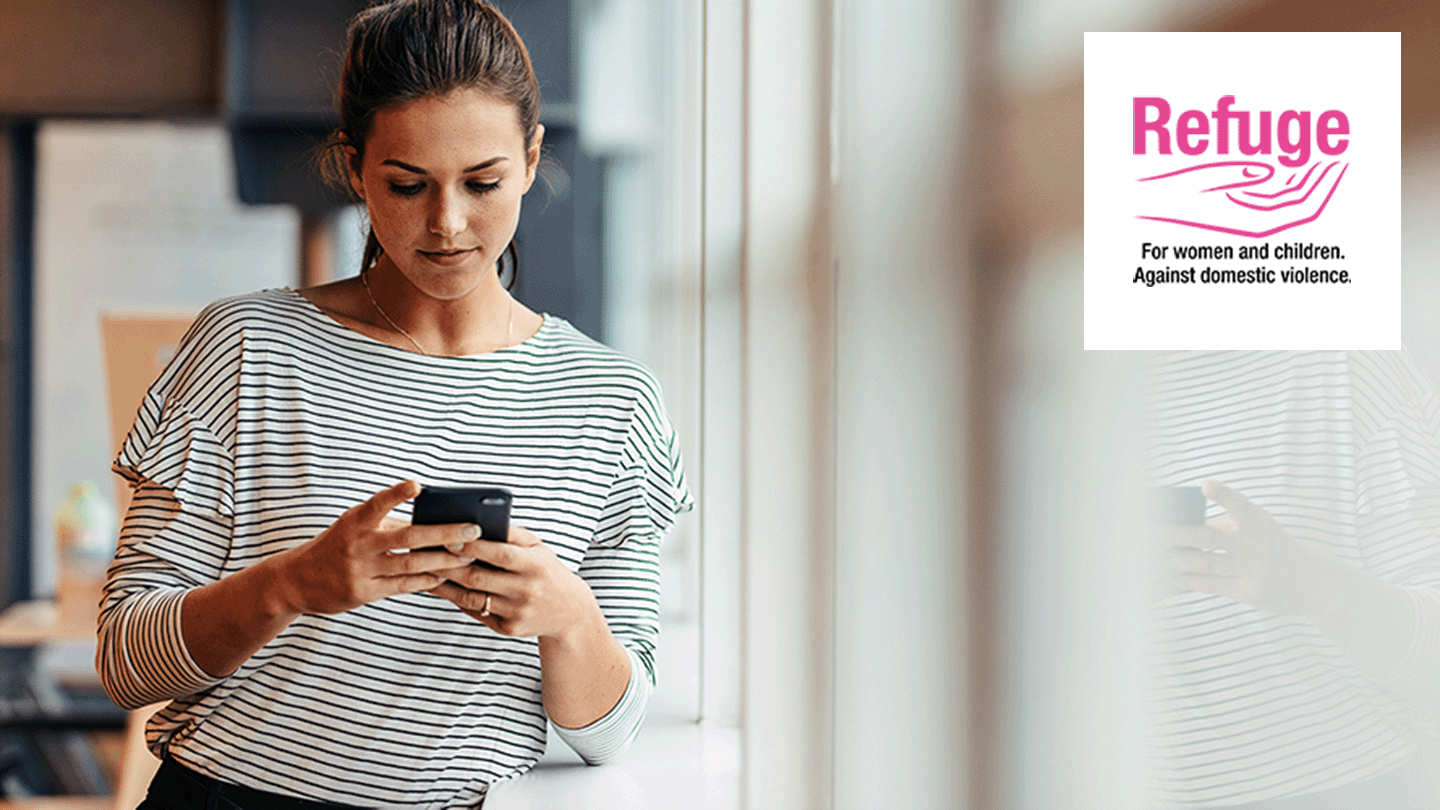
Support through the partnership is available to survivors who are having difficulty with:
- Opening a bank account
- Tackling fraud
- Tackling coerced debt (being made to take out debt against your wishes)
- Managing mortgage arrears
- Managing joint accounts
- Coping with debt
Survivor’s cases are held by Refuge’s Economic Abuse Lead Phoebe Perry, who sits within their Technology-Facilitated Abuse and Economic Empowerment Team. She liaises directly with Barclays’ Vulnerable Customers Team to ensure that the survivor is being supported fully to manage their financial situation. This enables survivors who are facing additional barriers to access the support they need, and may not have been aware of, for example through being able to use alternative identification documents when opening a bank account.
Signs of economic abuse
Spotting economic abuse can be difficult but understanding these signs might help you understand whether you, or someone you know, could be a victim. It’s important to note that economic abuse can be committed by partners, family members, friends, or carers.
1. Controlling behaviour
If a partner is controlling how you spend your money, who you can see or what you can do, this is a red flag. If you have no access to your own money, or your partner controls all the money in the relationship, it could be a sign of economic abuse.
Examples of controlling behaviour include someone:
- asking you to tell them about everything you spend
- stopping you from spending on essentials
- making you put all the bills in your name
- taking control of your accounts
- adding their name to your account without your knowledge or consent
- asking you to change your will
- offering to buy shopping or pay bills, but still making you pay
- withholding access to your own accounts
- stopping you from spending on essentials
- cashing your pension or other cheques without permission.

2. Isolation
If a partner is preventing you from seeing friends or family, this can be a sign of economic abuse, they might also stop you from having a job or going to work.
3. Threats
If a partner is threatening you with violence, or with leaving you if you don't do what they want with your money, this is a form of economic abuse.
4. Unexpected debts
If you’re suddenly in debt, and don't know how it happened, this could be a sign of economic abuse. Ways this could happen is when someone else:
- Spends your household budget on other things without your knowledge or consent
- Takes out credit cards, loans, overdrafts, mortgages, or other borrowing in your name without your knowledge or consent
What can someone do if they’re experiencing economic abuse?
If you’re experiencing economic abuse, it’s important to seek help as soon as possible. Here are some of the options available:
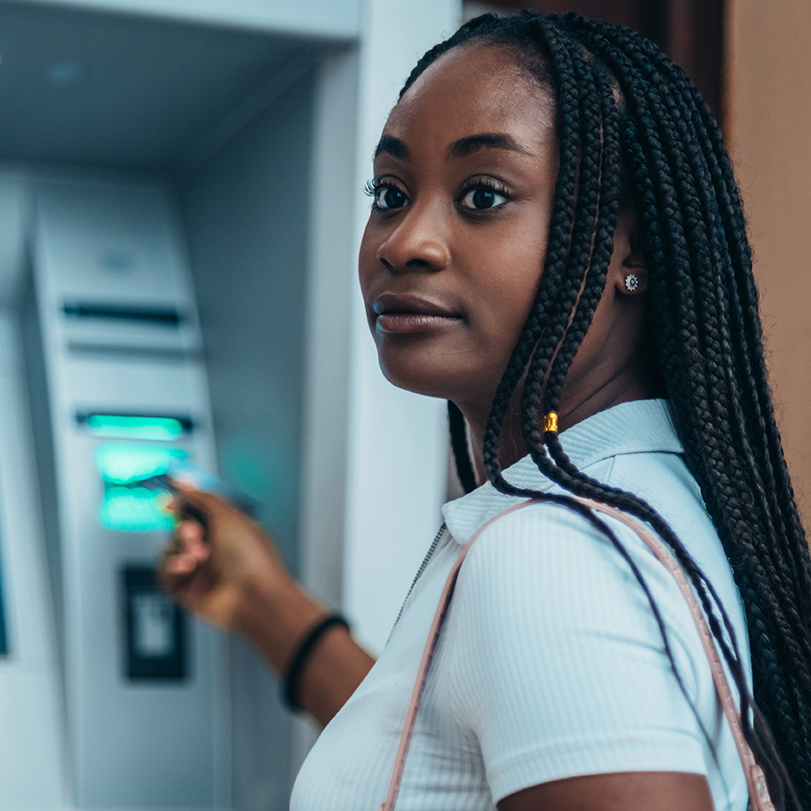
- Speak to an adviser from the National Domestic Abuse Helpline (0808 200 247), available 24/7. Support’s available in multiple languages and in BSL Monday - Friday, 10am - 6pm. You can also speak to one of their advisers using their live chat, open Monday to Friday, 3-10pm. Always dial 999 in the event of an emergency
- Meet with/speak to an Independent Domestic Violence Advocate (IDVA)
- Freeze any joint accounts if it’s safe to do so
- Change PIN numbers and online banking passwords and consider changing your email address and other online account password if it’s safe to do so. You can seek advice from the National Domestic Abuse Helpline (0800 200 247) to help you do this.
- Check your credit report to see if there are any debts in your name. Survivors can complete a free credit check with the following agencies: Credit Karma, Money Saving Expert and Clear Score. Refuge advises the use of all three, as this gives the survivor a clear picture of their financial situation. Credit checks are free, so please don’t pay for them!
- Know where important financial documents and ID are kept: Keep copies in an emergency bag or with a friend
- Consider talking to a debt expert — free services such as PayPlan, Citizens Advice, StepChange, or the Money Advice Service exist
- Identify which benefits you’re entitled to. Use a benefits calculator
- Create an escape fund: put aside small amounts of money if you can
If you know someone experiencing economic abuse, they might need help doing some of these things, you can help by sharing some of these tips.
There are several organisations in the UK that offer support for survivors of economic abuse, including:
- Refuge: This organisation provides support for women and children who’ve experienced domestic abuse, including economic They have a helpline and can offer safe, temporary accommodation for women and children escaping domestic abuse with access to one-to-one emotional and practical support as well as being able to signpost a range of other services, such as counselling and legal advice
- Women's Aid: This organisation provides support for women who’ve experienced domestic abuse, including economic abuse. They offer a live-chat and email service, as well as a network of safe houses for women who need a place to stay
- National Domestic Abuse Helpline: This helpline is run by Refuge and provides support for anyone who has experienced domestic abuse, including economic abuse
- Your bank: you should try to speak to your bank, if you think you’re experiencing economic abuse. Most banks have specialist teams to help. If you bank with Barclays, we’re here to support and you can ask us to contact you at a safe time if you need to
In addition to these organisations, there are also several government agencies that can help, including:
- Citizens Advice Bureau: This organization provides free, confidential advice on a range of issues, including economic abuse
- Jobcentre Plus: If you’ve lost your job as a result of economic abuse, Jobcentre Plus can help you find a new job, and provide you with financial support
- Local council: Your local council can provide you with information on housing, benefits, and other support services in your area.
How can digital skills help?
Digital skills can also play an important role in helping survivors of economic abuse. For example, being able to manage your own finances online can give you back control of your money and make it easier to keep track of your spending. It can also be easier to access support services online, as many organisations have websites and online helplines.
Learning how to use technology to stay safe online can also be important. For example, if you’re worried about your partner tracking your internet activity, you can use a private browsing mode, or install a VPN to hide your location. You can also use apps or websites that can help you to keep your financial information private, such as using an encrypted email service or a secure password manager. You can learn about all these topics by signing up for Digital Wings.
Survivors accessing Barclays' services through the partnership not only have access to economic support, but also tech safety support. By supporting survivors from all angles, we can ensure they have the best possible outcome regarding their finances whilst also ensuring their safety

Economic abuse and technology-facilitated abuse are often carried out in tandem. Even after a relationship has ended, a perpetrator may gain access to a survivor's financial accounts, taking out loans, financial products, or setting up new accounts in their name. It’s also important to be aware that if a perpetrator finds out a survivor has been speaking with their bank, this can significantly increase their risk of an escalation in abuse. This is why every survivor who’s supported through the partnership is assisted to ensure their technology is safe and secure.
Men experience domestic abuse, too
We understand how difficult it can be if you are a man experiencing domestic abuse or other forms of violence. You might feel scared, isolated, and confused. You might feel ashamed or afraid to tell anyone about your situation. But you are not alone – there is support available.
Refuge primarily supports women and their children; but they believe nobody should live in fear of abuse — including men. We may be able to help you through our one-stop shops or community support services.
You can also contact The Men’s Advice Line, a specialist provider for men experiencing domestic abuse.
Remember, economic abuse is a form of domestic abuse, and it’s never okay. With the right support and resources, survivors can overcome the effects of economic abuse and move forward towards a brighter future. Find out more at Refuge’s Tech Safety Website.
